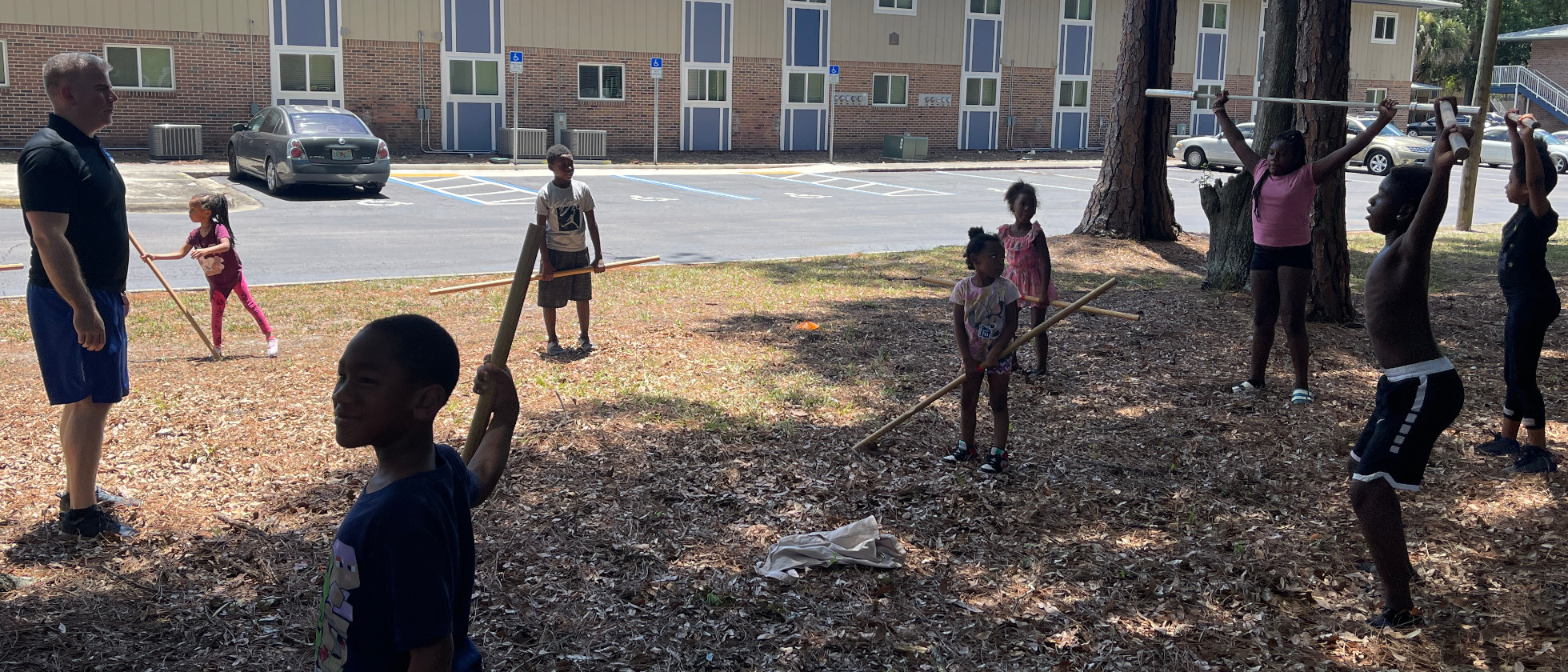
Layne Performance offers private and group training for young athletes, and an Olympic weightlifting class specifically for kids (Saturday 9-10am). We are also offering advanced physical education classes to support kids who are homeschooling or attending online classes due to COVID-19.
Sign up for a free trial class, or schedule an assessment to discuss your needs.
**Having trouble logging in? Click the button below. You’ll be redirected to our external member portal.**
Long-term athlete development (LTAD) is the process of developing a child’s athletic potential from an early age. When properly implemented, LTAD results in better overall athletic performance, greater participation in sport, reduced injury rates, and higher activity levels throughout life. But what does LTAD look like in practical terms?
Participation in the LTAD program at Layne Performance will put your child ahead of the competition and help them avoid injury. We develop fundamental sports skills that are rarely formerly taught. When is the last time you saw a coach work on the fundamentals of jumping? Yet jumping performance relies heavily on jumping technique. And those skills don’t just develop on their own.
Your child will also learn advanced barbell technique. Did you know that every collegiate and professional athlete develops their strength and power using weightlifting (snatch and clean & jerk)? At Layne Performance, your child will get expert instruction and supervision as they learn the barbell. These skills will go a long way toward realizing your child’s dream of participating in sport at the collegiate and professional levels.
Get started today! Contact Dr. Andrew Layne for a consultation.